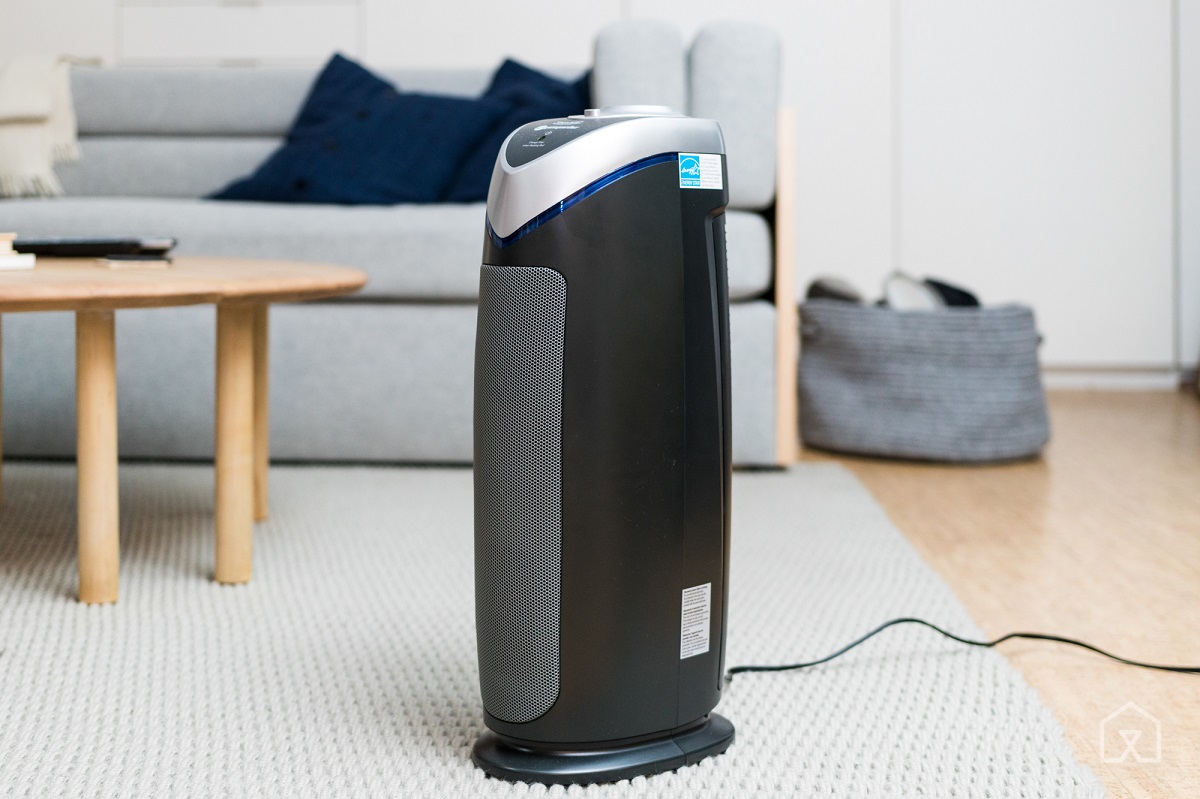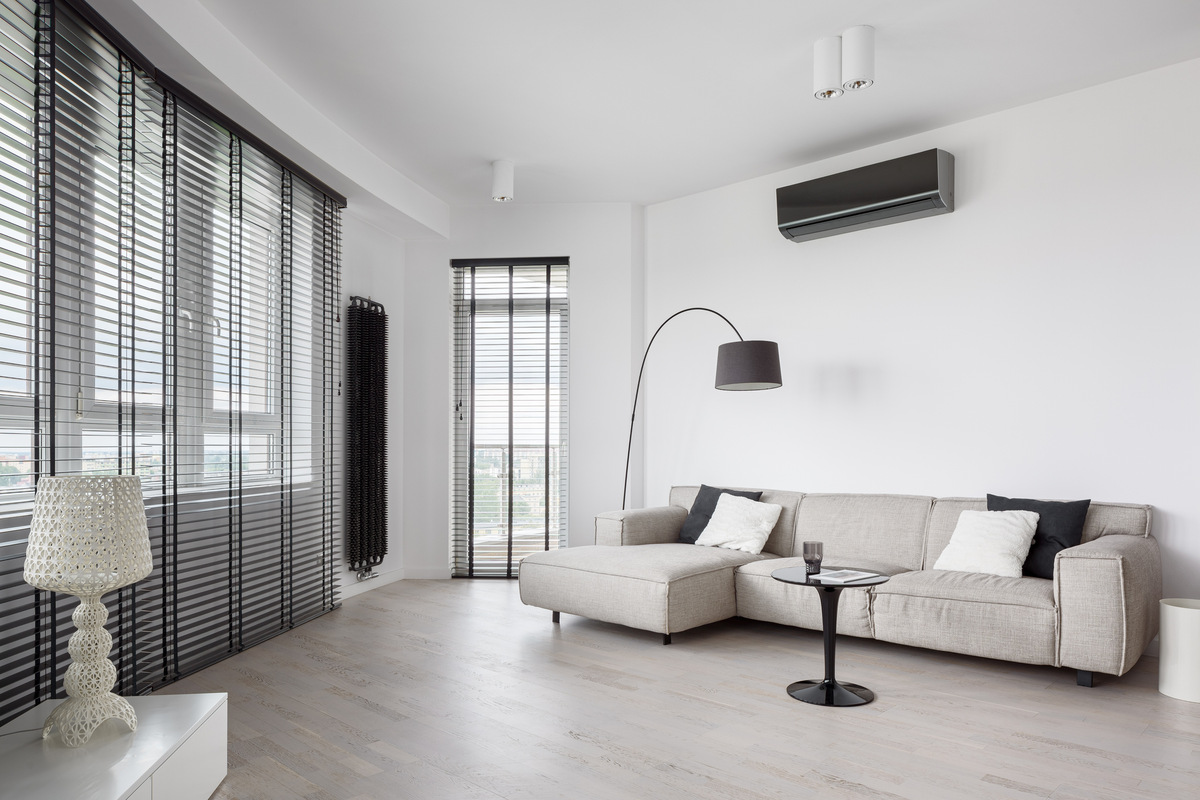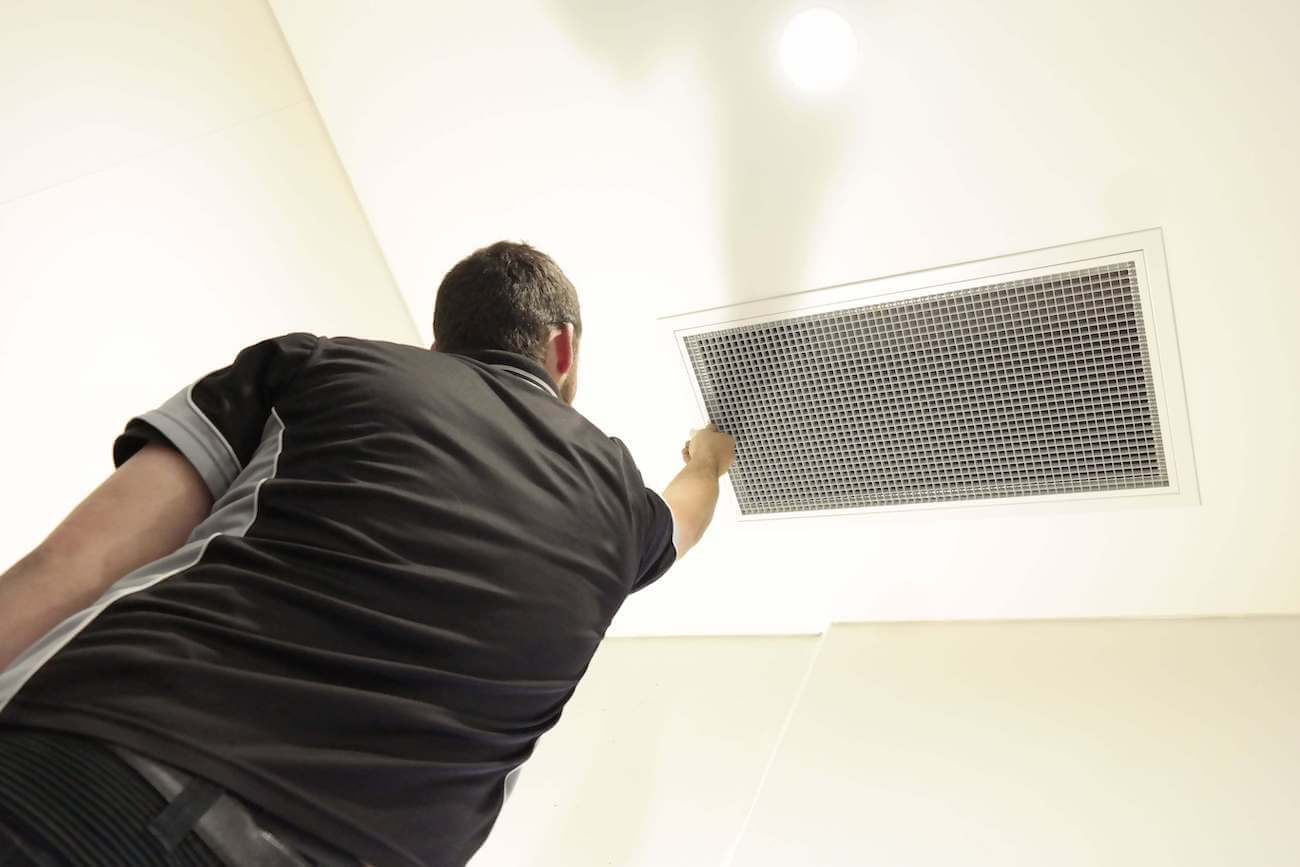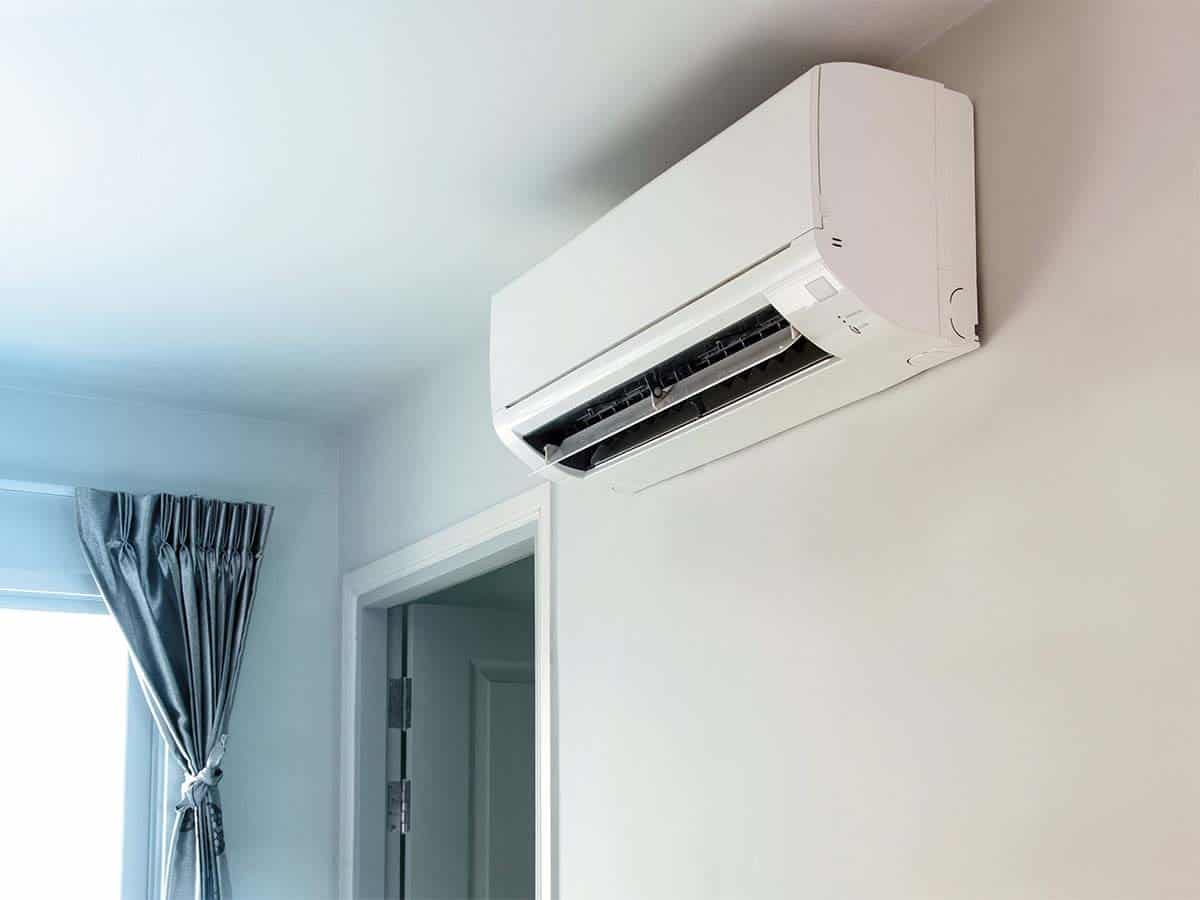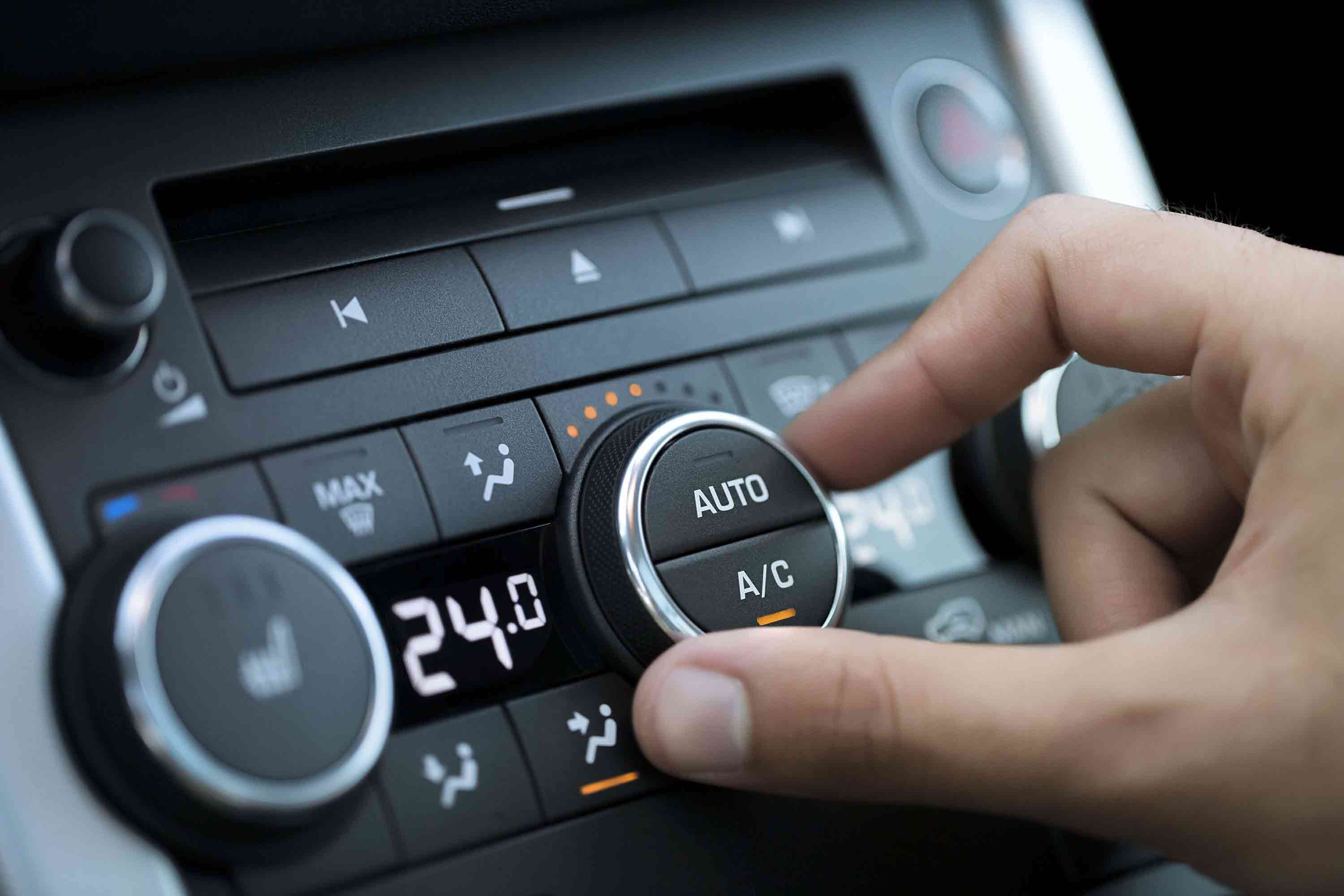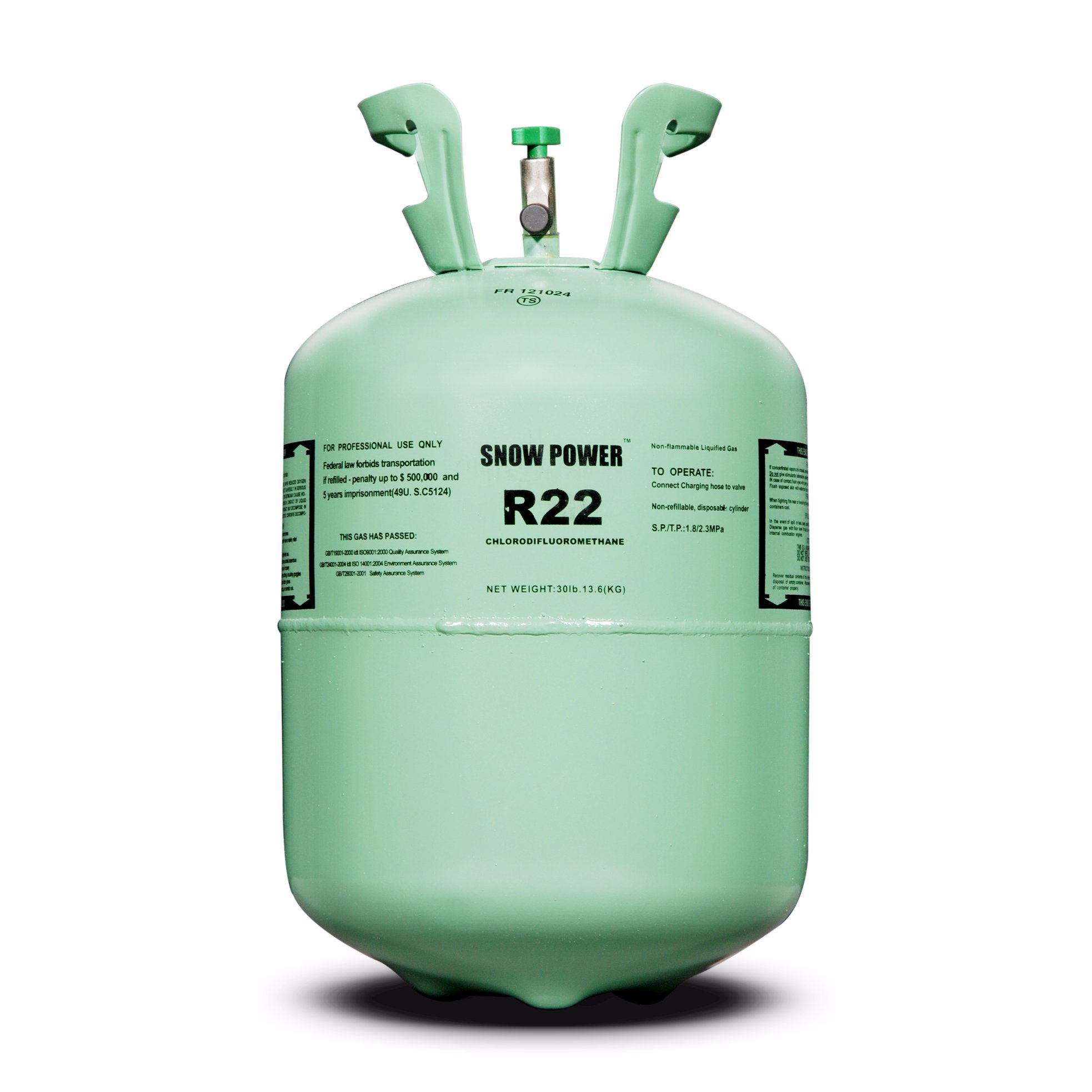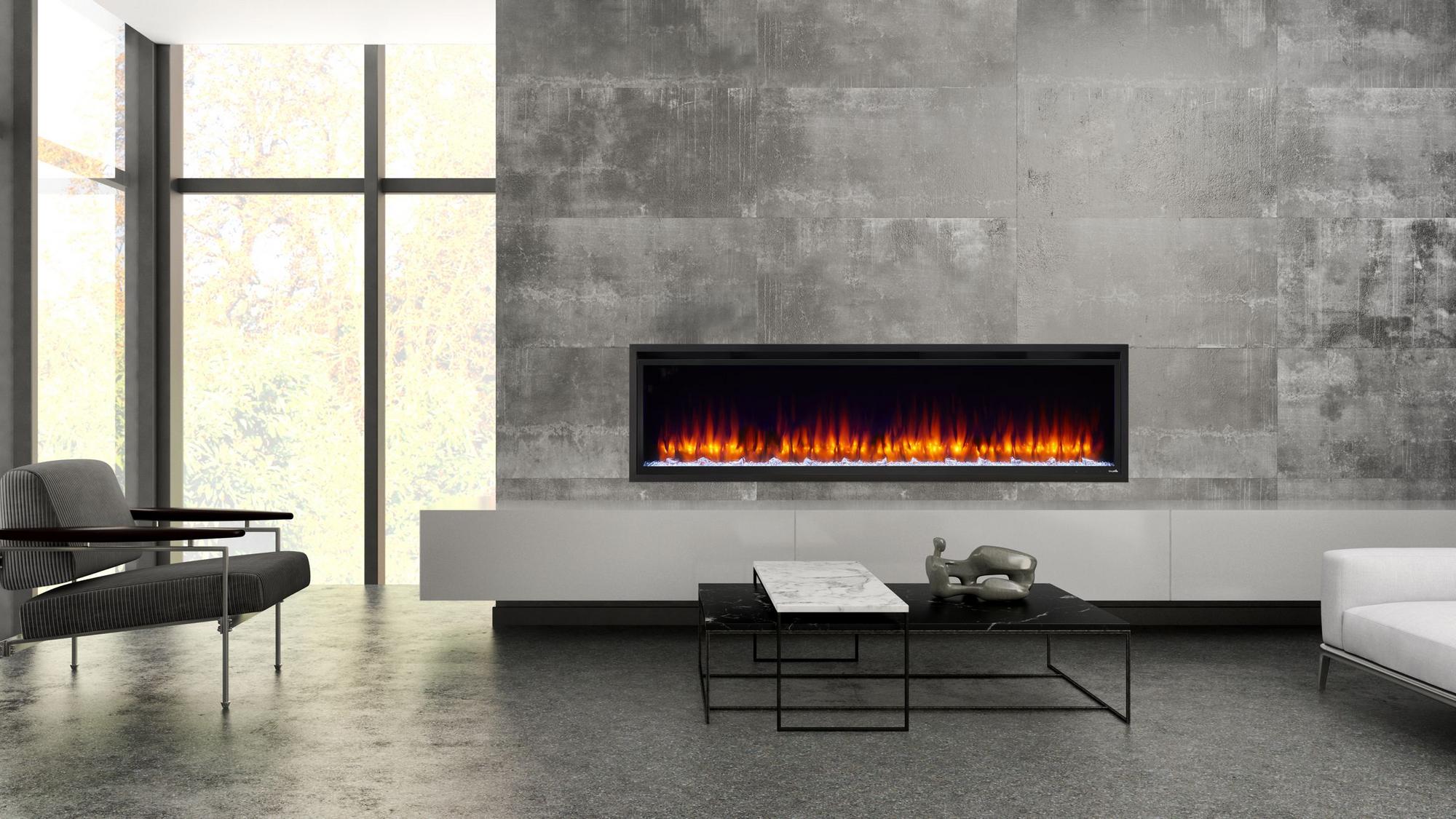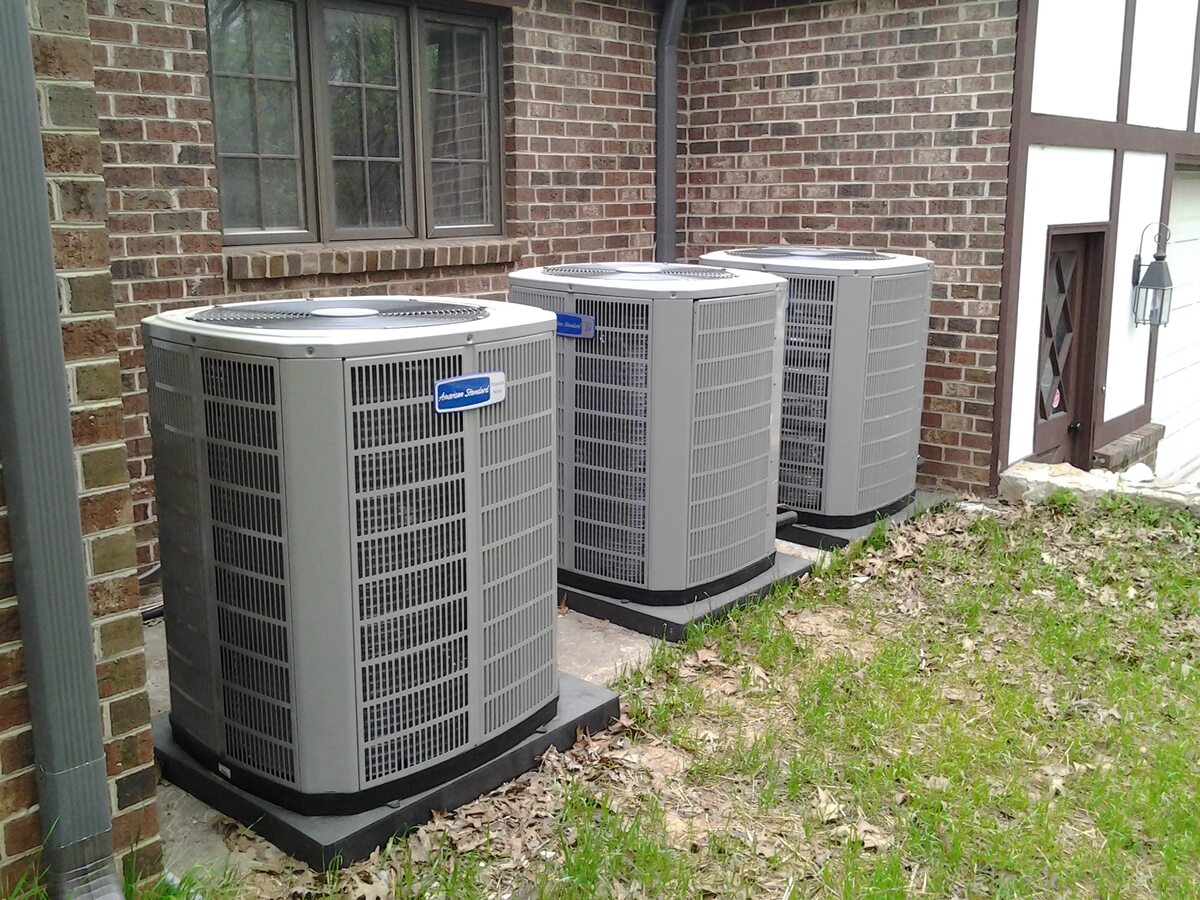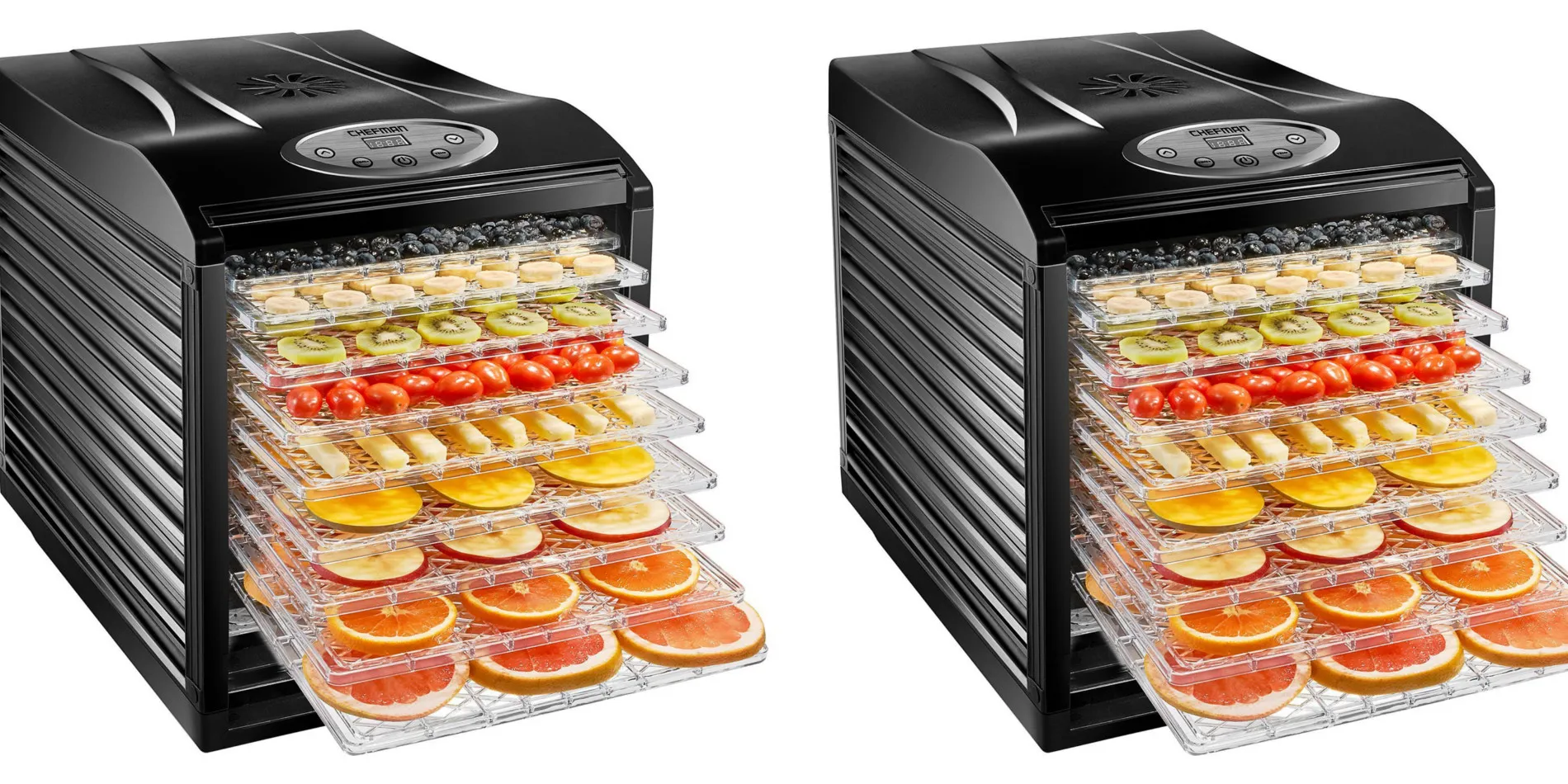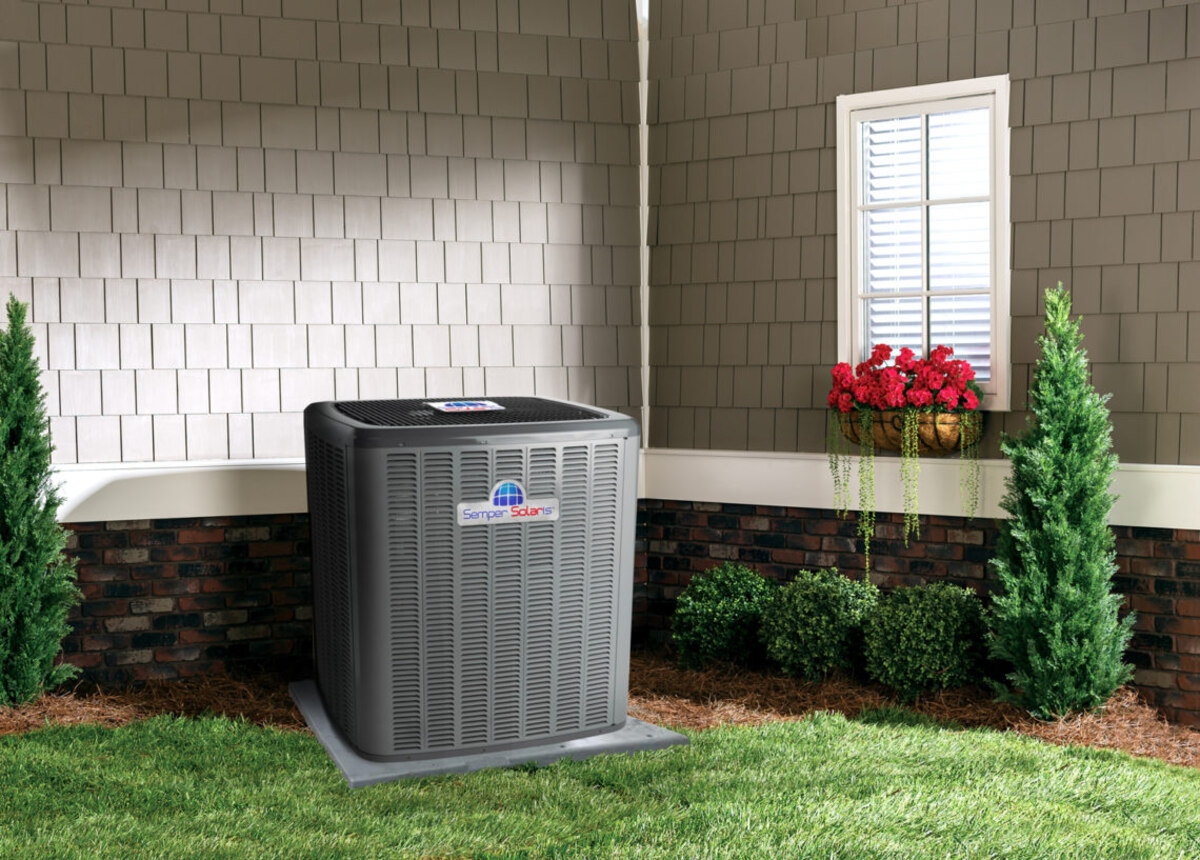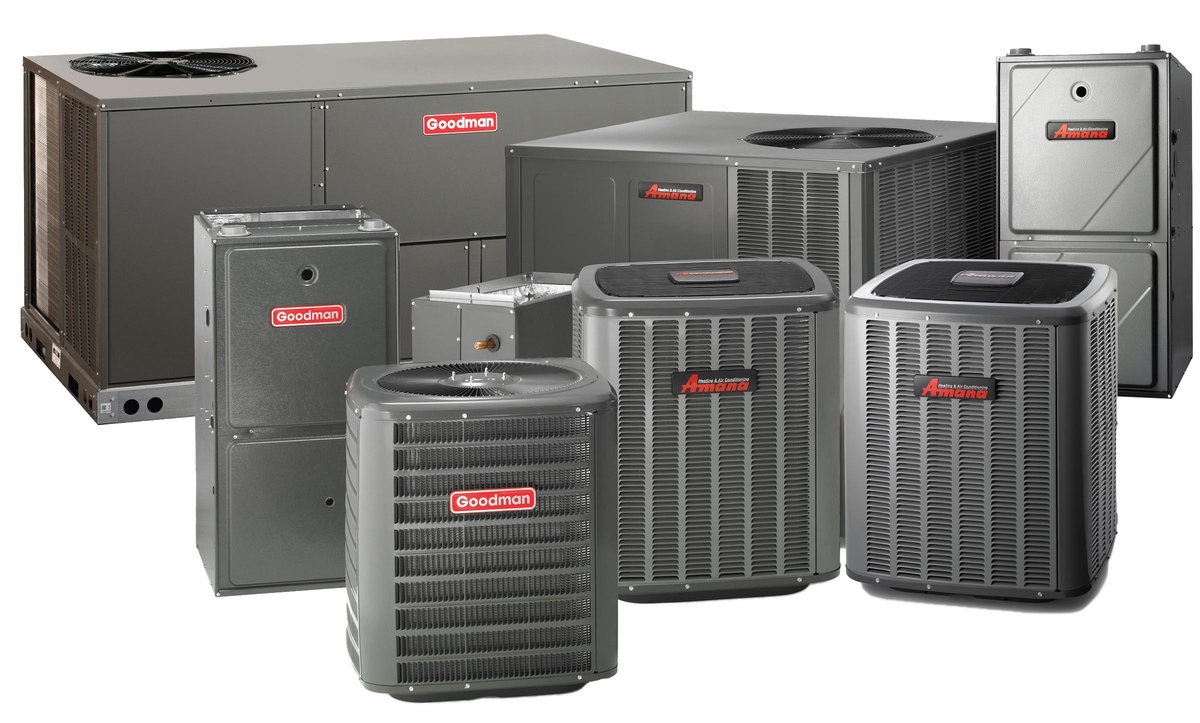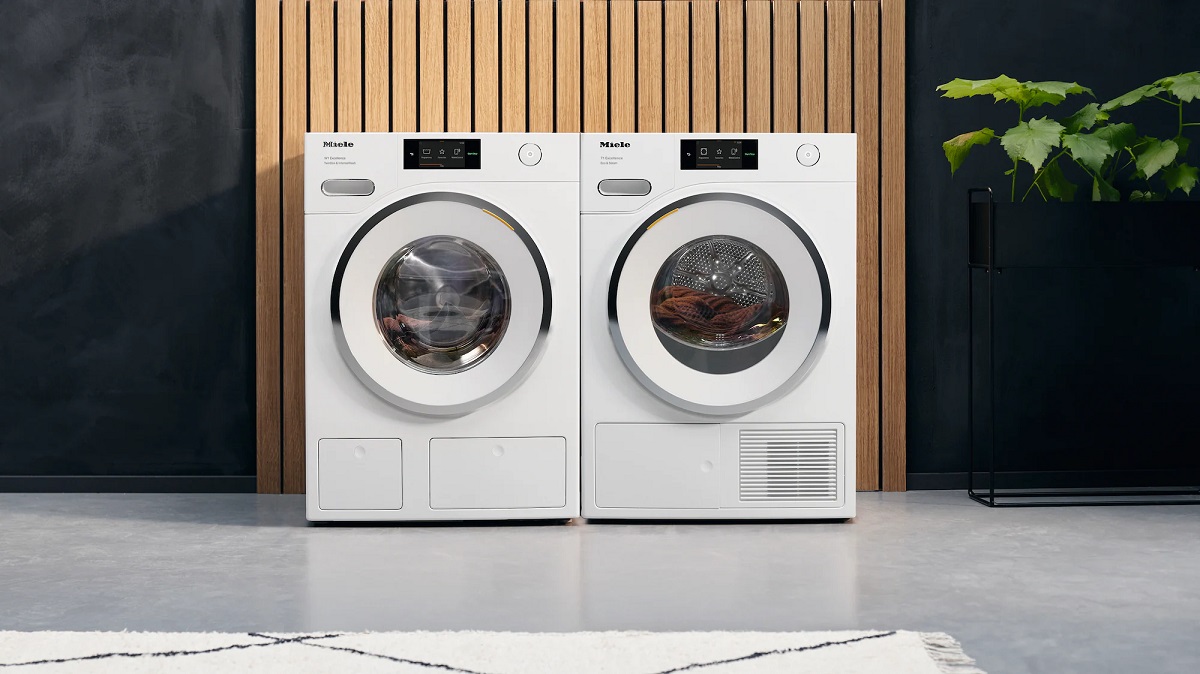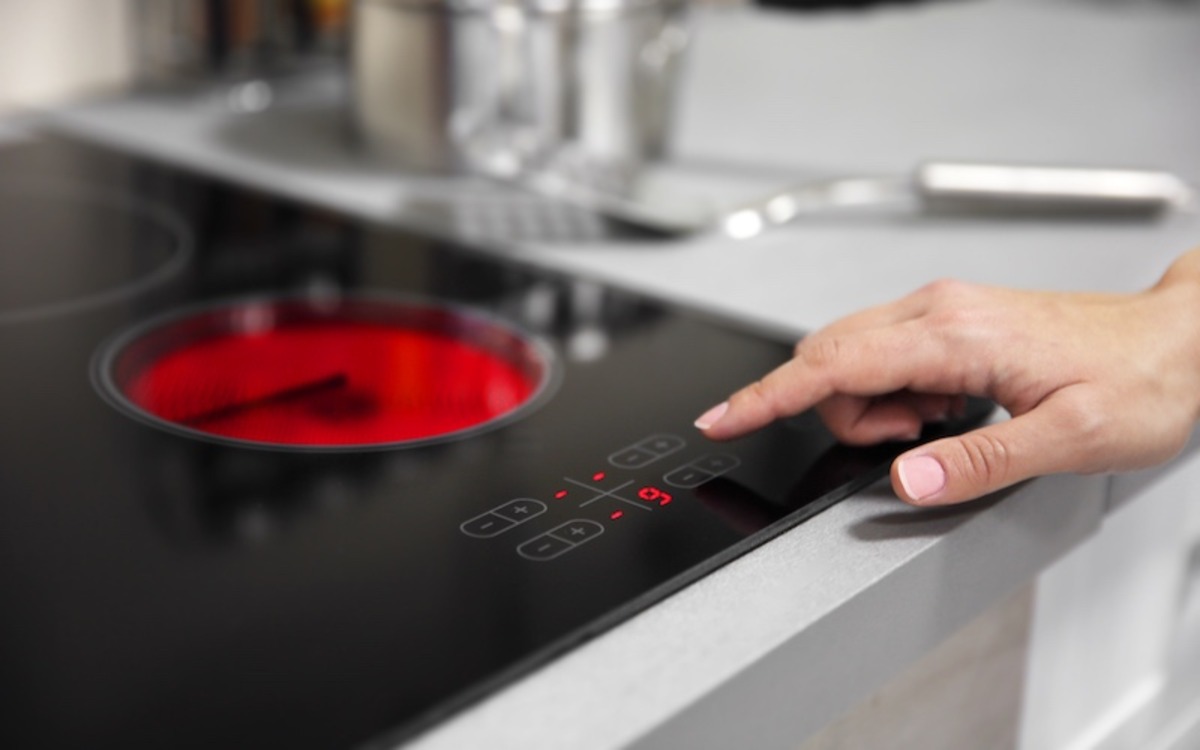Home>Home Maintenance>How Much Electricity Does Air Conditioning Use
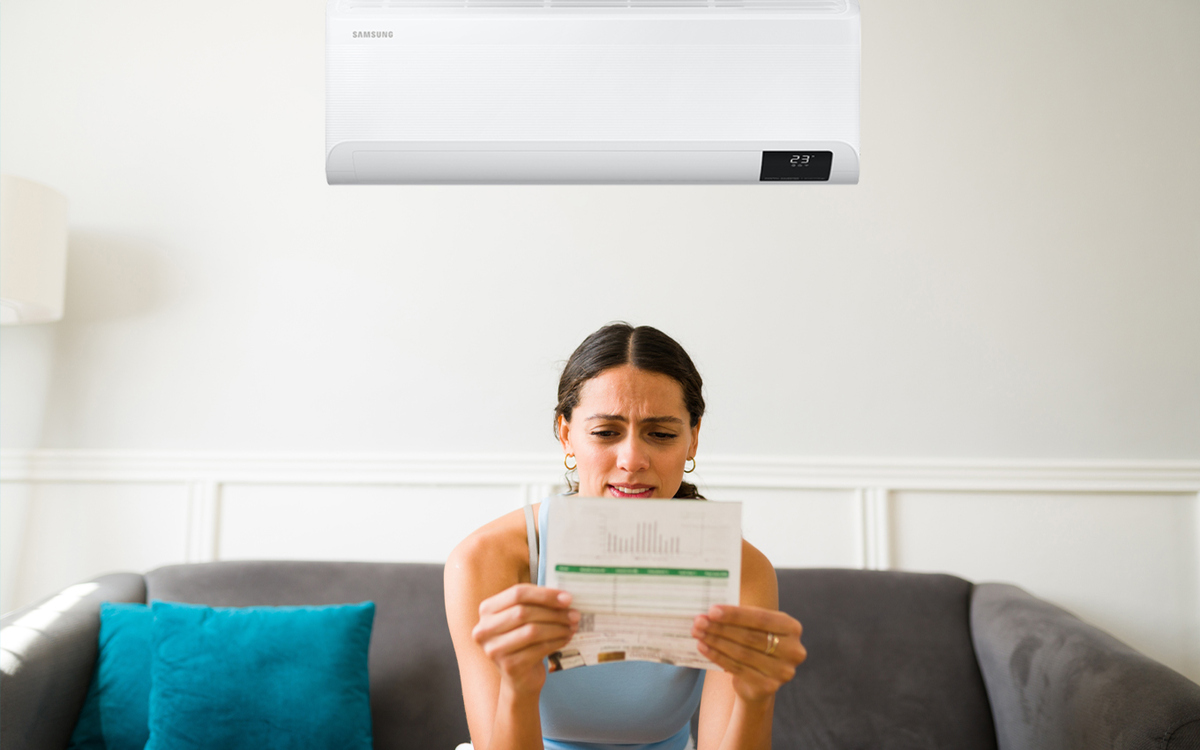

Home Maintenance
How Much Electricity Does Air Conditioning Use
Modified: March 6, 2024
Discover how much electricity your air conditioning system consumes and learn energy-efficient home maintenance tips to lower your energy bill.
(Many of the links in this article redirect to a specific reviewed product. Your purchase of these products through affiliate links helps to generate commission for Storables.com, at no extra cost. Learn more)
Introduction
Welcome to the world of home maintenance, where we explore the ins and outs of keeping your house in tip-top shape. In this article, we dive deep into the topic of air conditioning electricity usage. As the summer heat rolls in, air conditioning becomes a necessity for many households, but have you ever wondered how much electricity your AC unit is actually consuming?
Understanding the energy consumption of your air conditioning system is crucial for several reasons. First, it allows you to manage your energy usage and potentially save money on your utility bills. Second, it helps you make informed decisions when it comes to selecting the right AC unit for your home. Finally, being aware of the energy usage of your air conditioning system contributes to a more sustainable and environmentally friendly lifestyle.
So, let’s delve into the world of air conditioning energy consumption and discover the factors that affect it, how to calculate it, and some energy-saving tips to reduce your AC’s electricity usage.
Key Takeaways:
- Understanding Air Conditioning Energy Consumption
Air conditioning uses electricity to cool your home. Factors like unit size, efficiency, temperature settings, insulation, climate, and maintenance affect energy usage. Understanding these factors helps you make informed decisions and save money. - Energy-Saving Tips for Air Conditioning
To reduce electricity usage, set thermostat wisely, use natural ventilation, seal doors and windows, use fans, maintain AC, optimize sunlight and shade, utilize energy-saving features, consider upgrades, insulate and ventilate, and use zoning techniques. These tips help save money and support a sustainable lifestyle.
Read more: How Much Gas Does Air Conditioning Use
Understanding Air Conditioning Energy Consumption
Air conditioning units consume electricity to cool the air inside your home. The amount of electricity used can vary depending on several factors, including the size and efficiency of your AC unit, the temperature settings, the insulation of your home, and the climate in which you live.
When your AC unit is running, it draws in warm air from your home and passes it over evaporator coils containing a refrigerant. This refrigerant absorbs the heat from the air and cools it down. The cooled air is then blown back into your home, while the heat that was absorbed is expelled to the outside through the condenser coils.
The process of cooling the air requires energy, and this energy consumption is measured in kilowatt-hours (kWh). The cooling capacity of an air conditioning unit is typically measured in British Thermal Units (BTUs) or tons. One ton of cooling is equivalent to 12,000 BTUs per hour.
The efficiency of an air conditioning system is often expressed as a Seasonal Energy Efficiency Ratio (SEER) rating. The higher the SEER rating, the more energy-efficient the unit is. Older AC units typically have lower SEER ratings, while newer models are designed to meet higher efficiency standards.
It is important to note that air conditioning energy consumption can significantly impact your electricity bill, especially during peak summer months when the unit is working harder to combat the heat. By understanding the factors that affect AC energy usage, you can take steps to optimize your cooling system and reduce your electricity costs.
Factors Affecting Air Conditioning Electricity Usage
Several factors influence the electricity usage of your air conditioning system. Understanding these factors can help you make informed decisions to optimize energy consumption and reduce costs. Let’s explore the key factors:
1. Size of the AC Unit: The size of your AC unit plays a crucial role in energy consumption. An undersized unit may struggle to cool your home efficiently, leading to longer running times and increased electricity usage. On the other hand, an oversized unit can cycle on and off frequently, which can also result in higher energy consumption. It is essential to choose an AC unit that is appropriately sized for your space.
2. Efficiency of the AC Unit: The energy efficiency of your air conditioning system is another significant factor. Units with higher SEER ratings are designed to provide the same cooling effect while using less electricity. Upgrading to a more energy-efficient AC unit can have a significant impact on reducing electricity consumption.
3. Temperature Settings: The temperature settings on your thermostat play a vital role in energy usage. The lower the temperature setting, the harder your AC unit has to work to cool the air. Adjusting your thermostat a few degrees higher can result in substantial energy savings.
4. Insulation and Sealing: The insulation and sealing of your home directly impact the efficiency of your air conditioning system. Proper insulation prevents cool air from escaping and warm air from entering your home. Improving insulation and sealing any air leaks can help reduce the workload on your AC unit and lower electricity consumption.
5. Climate: The climate in which you live affects the energy usage of your air conditioning system. Regions with hotter and more humid climates will require more cooling, leading to increased energy consumption. Understanding the climate and adjusting your cooling needs accordingly can help optimize energy usage.
6. Maintenance: Regular maintenance of your AC unit is essential for optimal efficiency. Dirty filters, clogged coils, and malfunctioning components can force your unit to work harder, consuming more electricity. Routine inspections, cleaning, and servicing can ensure that your system operates efficiently.
By considering these factors and making conscious choices, you can effectively manage and reduce the electricity usage of your air conditioning system. This not only benefits your wallet but also supports sustainable energy practices.
Consider using a programmable thermostat to set higher temperatures when you’re away. Keeping your AC at 78°F or higher can also help save energy.
Calculating Air Conditioning Energy Consumption
Calculating the energy consumption of your air conditioning system can provide valuable insights into its efficiency and help you monitor your electricity usage. Here are the steps to calculate air conditioning energy consumption:
1. Determine the AC Unit’s Power Rating: Start by locating the power rating of your air conditioning unit. This information is typically found on the manufacturer’s label or in the unit’s user manual. The power rating is usually expressed in kilowatts (kW).
2. Calculate the Operating Hours: Estimate the number of hours your AC unit runs each day. Keep in mind that this may vary depending on the temperature settings and the climate. For example, during hot summer months, the AC may run for more extended periods throughout the day.
3. Calculate the Daily Energy Consumption: Multiply the power rating of your AC unit (in kW) by the number of operating hours per day. This will give you the daily energy consumption in kilowatt-hours (kWh). For example, if your AC unit has a power rating of 1.5 kW and runs for 6 hours per day, the daily energy consumption would be 9 kWh (1.5 kW x 6 hours).
4. Determine the Monthly Energy Consumption: Multiply the daily energy consumption by the number of days in a month. This will provide you with the estimated monthly energy consumption of your air conditioning system. For example, if the daily energy consumption is 9 kWh and there are 30 days in the month, the monthly energy consumption would be 270 kWh (9 kWh x 30 days).
It’s important to note that this calculation provides an estimate of energy consumption. Actual energy usage can be influenced by various factors, such as temperature fluctuations and changes in usage patterns. Additionally, newer AC units may have more advanced energy-saving features that can affect their energy consumption.
By calculating air conditioning energy consumption, you can better understand the electricity usage of your AC system and identify potential opportunities for energy savings.
Energy-Saving Tips for Air Conditioning
Reducing the electricity consumption of your air conditioning system not only helps save money on your energy bills but also contributes to a more sustainable lifestyle. Here are some energy-saving tips to consider:
1. Set the Thermostat Temperature Wisely: Adjusting your thermostat a few degrees higher can significantly reduce energy usage. Aim for a temperature that keeps you comfortable without overworking your AC unit. Consider using a programmable or smart thermostat that allows you to set temperature schedules based on your daily routine.
2. Utilize Natural Ventilation: Take advantage of cool mornings and evenings by opening windows and letting in fresh air. Use fans strategically to circulate air and create a cooling breeze. This can help reduce reliance on the air conditioner during moderate weather conditions.
3. Keep Doors and Windows Sealed: Make sure windows and doors are properly sealed to prevent cool air from escaping and hot air from entering your home. Inspect for any drafts or gaps and seal them with weatherstripping or caulk.
4. Use Fans in Conjunction with the AC: Ceiling fans or portable fans can help distribute cool air throughout your home more efficiently. By using fans alongside your air conditioner, you can raise the thermostat temperature a few degrees while still maintaining comfort.
5. Maintain Regular AC Maintenance: Schedule annual maintenance for your air conditioning system. This includes cleaning or replacing filters regularly and inspecting and cleaning coils. A properly maintained AC unit operates more efficiently and can reduce energy consumption.
6. Optimize Sunlight and Shade: Direct sunlight can heat up your home, causing your AC system to work harder. Utilize blinds, curtains, or shades to block sunlight during the hottest parts of the day, especially on windows facing south or west.
7. Utilize Energy-Saving Features: If your AC unit has energy-saving features, make sure they are activated. This may include sleep mode, timer functions, or energy-saving modes. Consult your AC unit’s manual or contact a professional if you’re unsure how to utilize these features.
8. Consider Energy-Efficient Upgrades: If your AC unit is outdated, it may be worth considering an upgrade to a more energy-efficient model. Look for units with high SEER ratings and energy-saving features such as variable speed compressors or smart thermostats.
9. Properly Insulate and Ventilate: Ensure that your home is properly insulated and well-ventilated. Adequate insulation helps maintain a consistent indoor temperature, reducing the workload on your AC unit. Additionally, proper ventilation in attics and crawl spaces can prevent heat buildup.
10. Use Zoning Techniques: If your home has multiple rooms or levels, consider utilizing zoning techniques. This allows you to cool only the areas that are occupied, rather than cooling the entire house. Zoning can be achieved through ductless mini-split systems or adjustable vents.
Implementing these energy-saving tips can help you reduce the electricity consumption of your air conditioning system and save money on your utility bills. Additionally, by reducing energy usage, you contribute to a more sustainable and environmentally friendly lifestyle.
Read more: How Much Electricity Does Air Heating Use
Conclusion
Air conditioning is a necessary luxury for many households, but it’s important to be aware of the energy consumption associated with keeping your home cool. Understanding the factors that affect air conditioning electricity usage and implementing energy-saving techniques can help you optimize your cooling system and reduce your environmental impact.
In this article, we discussed the importance of understanding air conditioning energy consumption. We explored the factors that affect electricity usage, such as the size and efficiency of the AC unit, temperature settings, insulation, climate, and maintenance. By considering these factors, you can make informed decisions that result in more efficient energy usage.
We also provided a step-by-step guide to help you calculate air conditioning energy consumption. By knowing how much energy your AC system is using, you can monitor and manage your electricity usage more effectively.
Finally, we shared energy-saving tips for air conditioning that you can implement in your daily life. From setting the thermostat wisely and utilizing natural ventilation to maintaining regular AC maintenance and considering energy-efficient upgrades, these tips can help you reduce energy consumption and lower your utility bills.
Remember, reducing air conditioning electricity usage not only benefits your finances but also contributes to a more sustainable future. By adopting energy-saving practices, you can enjoy a comfortable home while minimizing your environmental impact.
So, whether you’re seeking to save money, reduce energy consumption, or live a more sustainable lifestyle, implementing the information and tips provided in this article will help you achieve those goals. Stay cool and energy-conscious!
Frequently Asked Questions about How Much Electricity Does Air Conditioning Use
Was this page helpful?
At Storables.com, we guarantee accurate and reliable information. Our content, validated by Expert Board Contributors, is crafted following stringent Editorial Policies. We're committed to providing you with well-researched, expert-backed insights for all your informational needs.
